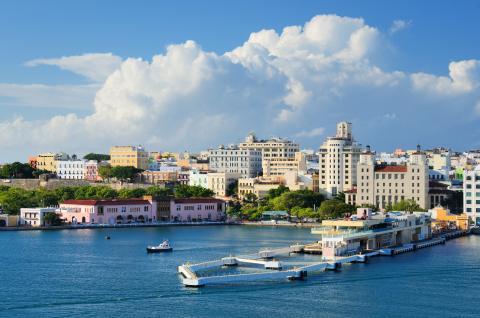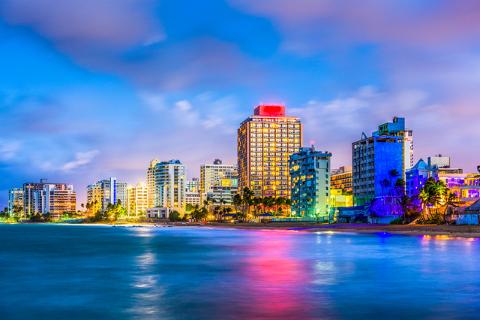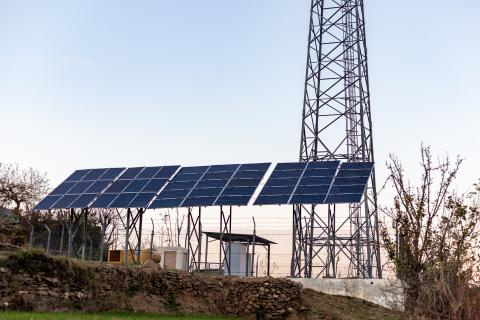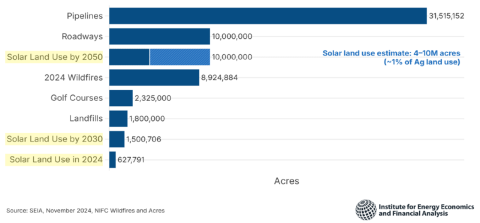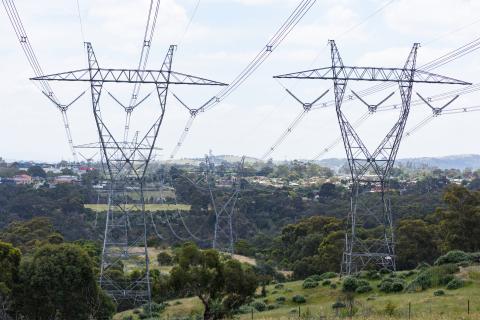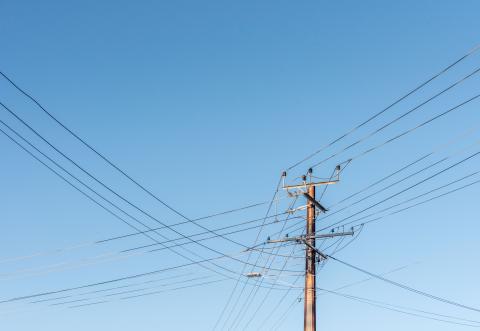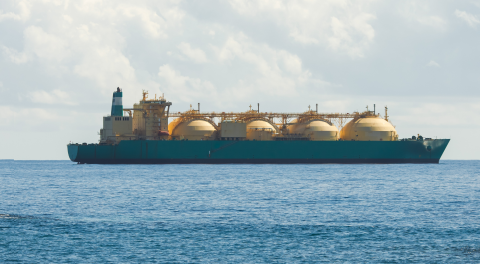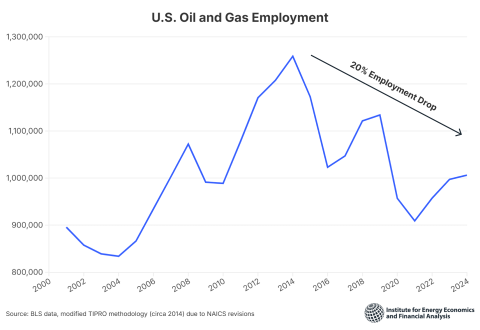Puerto Rico electrical system debt negotiations become more realistic
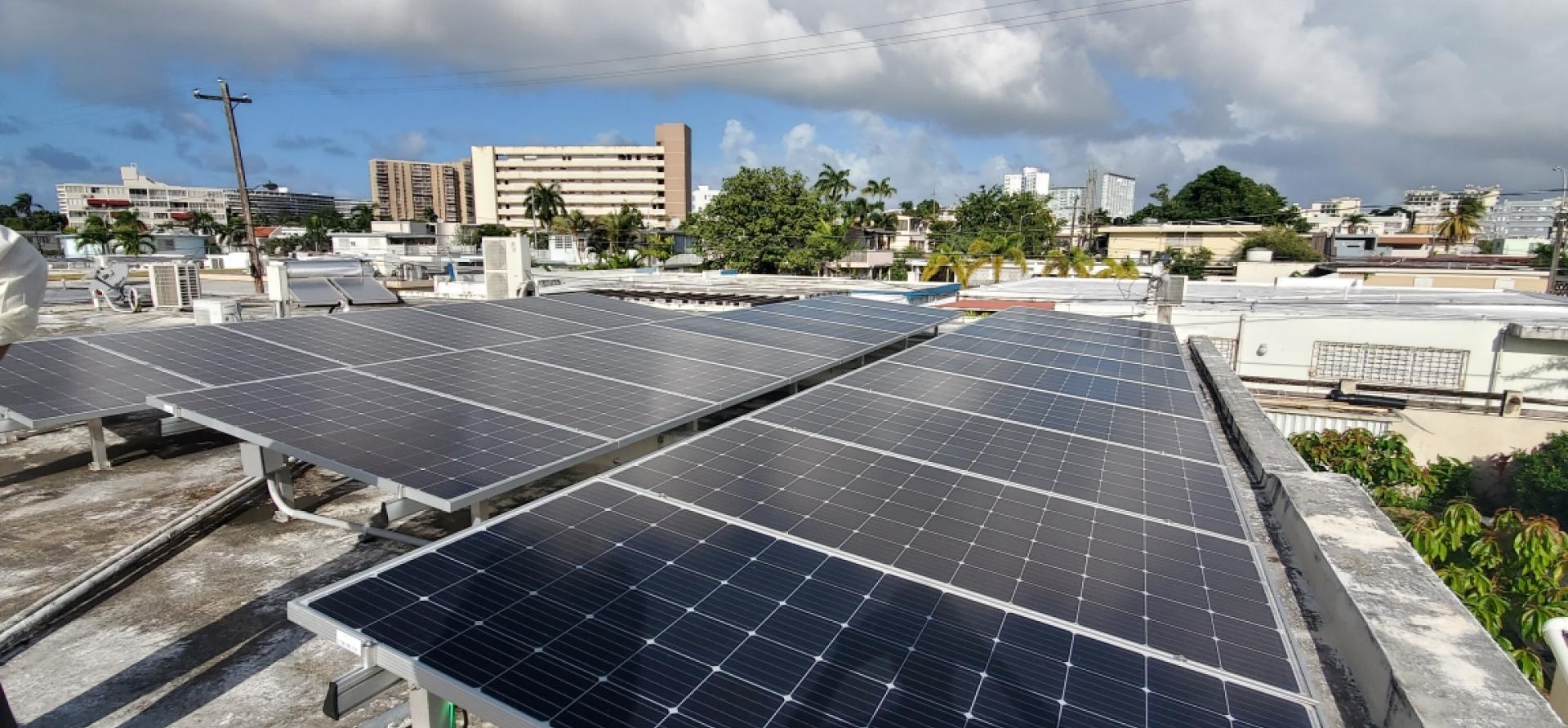
Key Findings
The Financial Oversight and Management Board (FOMB) filed a revised plan that includes $2.3 billion in bonds to be financed by rate increases that would leave Puerto Rico customers with an average increase of 1.6 cents per kilowatt-hour.
This is a reduction of more than 50% compared to the previous proposal, but the plan continues to prioritize payments to bondholders over the unfunded needs of the electrical system and its retirees.
Multiple sources have estimated there will still be a $6 billion gap to complete the grid rebuild and bring Puerto Rico’s grid to acceptable operational standards.
Pension obligations to electrical system retirees are another urgent operating expense left unresolved by the FOMB’s plan.
The Financial Oversight and Management Board for Puerto Rico (FOMB) filed a revised bankruptcy plan on Aug. 25, proposing a resolution to the Puerto Rico Electric Power Authority’s (PREPA) $9 billion in outstanding debt. Although the plan represents significant progress over earlier FOMB proposals, it still falls short of what is needed.
The plan proposes $2.3 billion in new debt issuances, plus hundreds of millions of dollars in bondholder, legal and financial advisor fees to settle the debt. The $2.3 billion in bonds are to be financed by rate increases that will last 35 years. PREPA customers would likely pay an average rate increase of 1.6 cents per kilowatt-hour (kWh) over that period.
The amount is a reduction of more than 50% from the previous FOMB proposal, which would have required $5.7 billion in new bonds, financed through higher rates. Puerto Rico ratepayers will pay $5.1 billion over the next 35 years under the new plan, compared to more than $13 billion under a previous plan.
Taking into account the total debt load at the time of bankruptcy and the costs from the passage of time since 2014, FOMB put the overall debt burden at $10 billion. Bringing the debt down to $2.3 billion is a 77% reduction in principal, or a 23% recovery rate.
The reduction is progress—and it is progress made because community, labor, retail, manufacturing, religious, industrial, environmental and professional organizations have spent countless hours pointing out that the earlier plans were not suitable for the community or the economy.
Despite this progress, the new proposal still comes at a time when Puerto Rico’s grid is in unacceptably poor physical condition, and most of the grid transformation and rebuilding objectives have yet to be realized. The most recent PREPA fiscal plan notes that about $14.2 billion in federal funds have been allocated for the electrical system—the vast majority of which has not been spent. Yet multiple sources have estimated there will still be a $6 billion gap to rebuild the grid and bring it to acceptable operational standards. The $2.3 billion in legacy debt cannot be justified if PREPA still faces a $6 billion gap to rebuild the system.
The gap widens if the federal funds are not spent on capital improvements. We also note that grid operator LUMA Energy plans to spend almost $1 billion of federal funds on vegetation management, according to the fiscal plan.
This means PREPA will need to raise additional funds in the capital market at some point to complete the grid rebuilding. Yet, the debt deal appears to close the door on that option. The new debt deal would give a first-priority lien on the payment of the restructured legacy debt. The new debt deal effectively subordinates any new debt issuances for capital improvements to the payment of legacy debt. Paradoxically, the deal does not count as an event of default if PREPA does not make its interest payments.
It remains to be seen whether the 23% recovery rate will actually materialize once the dust settles. Bond numbers during negotiations are inherently squishy, and the devil is in the details in this deal. Some bondholders receive more than 23% (see fuel line lenders below), and future savings initiatives may result in additional payments.
Pension obligations to electrical system retirees are another urgent operating expense left unresolved by the FOMB’s plan. The PREPA retirement system ran out of money in April, and a stable funding stream has not yet been found to guarantee future pensions. Under the plan, PREPA would distribute $400 million in fees to professionals, and the fuel line lenders are expected to receive an 84% recovery rate, even though they represent an operational expense similar to the pensioners (from a contractual and accounting perspective).
The high level of fees to be paid to professionals under the proposal is troubling. The plan would require the government of Puerto Rico to set aside as much as $400 million for PREPA to pay the “administrative expenses” (legal fees, etc.) of various parties involved in the bankruptcy case “or any other use determined by the Oversight Board.”
This is on top of the $1.5 billion in debt restructuring fees for the commonwealth and its public authorities paid by the people of Puerto Rico since the inception of the FOMB, according to a recent research report by Espacios Abiertos. In 2021, IEEFA had noted that fees related to just electrical system privatization and debt restructuring had already amounted to almost $500 million. It is also worth noting that $400 million is significantly more than the amount needed to pay PREPA’s pension obligations for a year.
In short, the FOMB’s latest proposal continues to prioritize payments to bondholders over the unfunded needs of the electrical system and its retirees.

